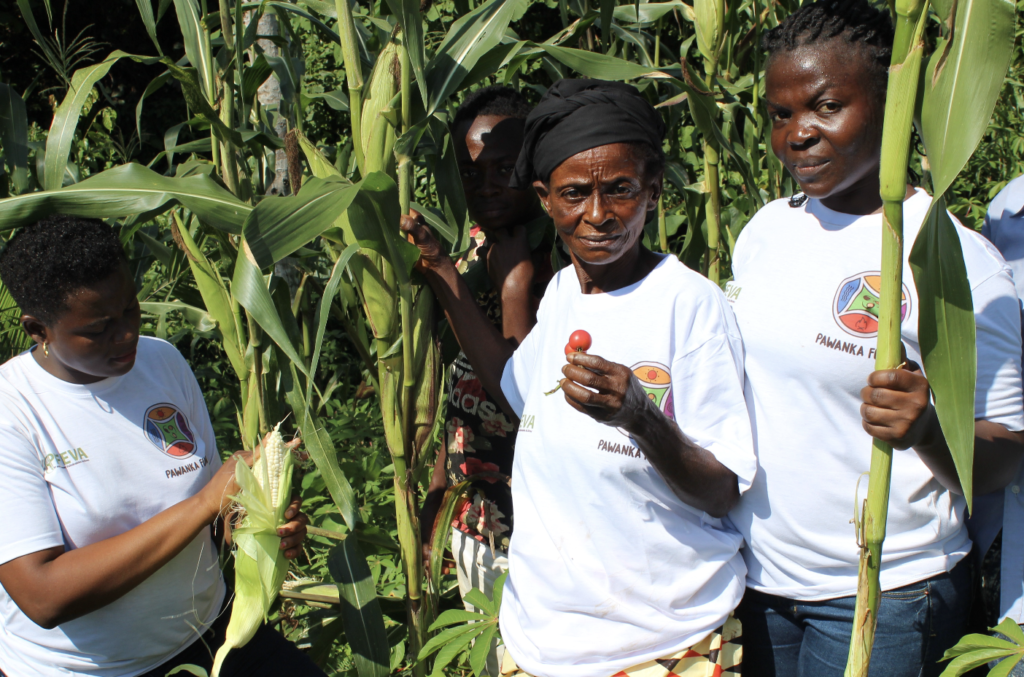«It will take another 286 years to close the global gender gap.»
1 in 3 women have experienced physical or sexual violence at least once in their lifetime. According to the latest available data on one of the UN Sustainable Development Goals, the world is not on track to achieve gender equality by 2030.
The advancement of women and the achievement of equality between women and men are human rights issues and a condition for social justice. They should not be seen in isolation as solely a women’s issue. By achieving these two goals we will be able to build a sustainable, just, and developed society. Women’s empowerment and equality between women and men are prerequisites for achieving political, social, economic, cultural, and environmental security for all peoples.
The role of women is extremely important because they play a major role in the conservation of natural resources and the protection of traditional knowledge. For example, women in their communities understand climate change because they live it through their work. Additionally, they are the most affected since they are often the ones in charge of collecting food and water to feed their families. Furthermore, in their struggle for self-determination of their peoples, they have played crucial roles. They are considered the protectors, custodians of cultural values, and guarantors of the survival of their peoples.
Their decisive role in the preservation and transmission of knowledge encompasses daily activities ranging from working in the fields and gathering, trading, preparing food, caring for the younger generations, teaching how to preserve their natural resources and handicrafts, including the weaving of their traditional costumes, and caring for the sick with their medicinal knowledge. In many cases, their contributions are based on knowledge and skills passed down from generation to generation.
Development initiatives can make a real difference if the gender perspective is integrated. While it is recognized that some governments have modified some laws to improve the situation of women, there are still many states that continue to have discriminatory laws. If these are modified, it will bring many positive changes for women. It can improve the plight of indigenous women caused by multiple oppressions: as indigenous people, as women, and as members of the poorest classes of society.
We need to adopt appropriate strategies for their empowerment and social inclusion, with due respect for their cultures, ways of life, traditions, and customary laws, with emphasis on the protection and full enjoyment of their human rights and fundamental freedoms as women and members of an indigenous community.

